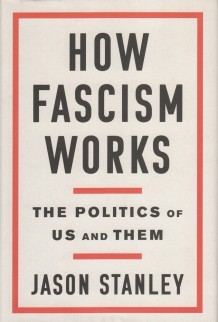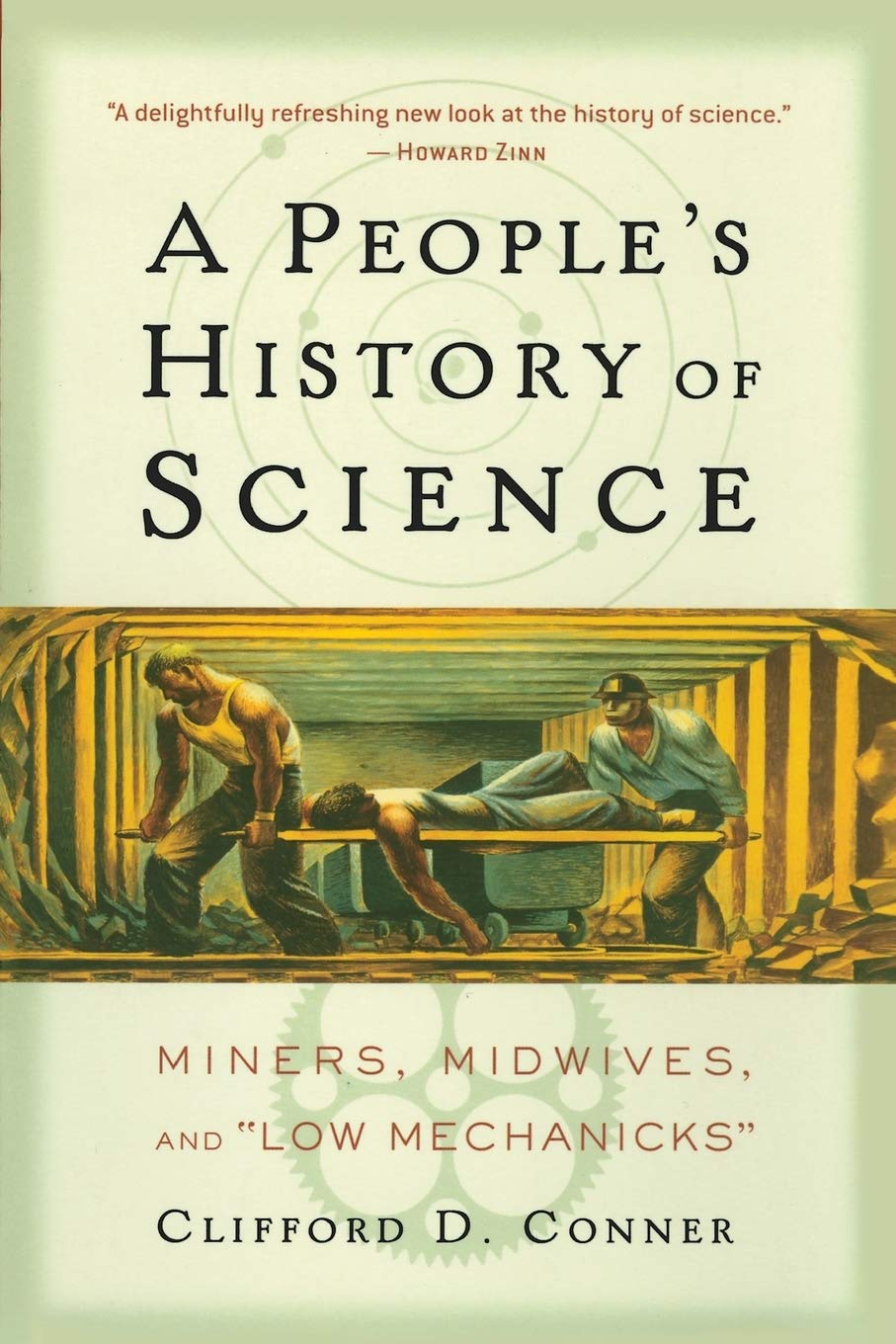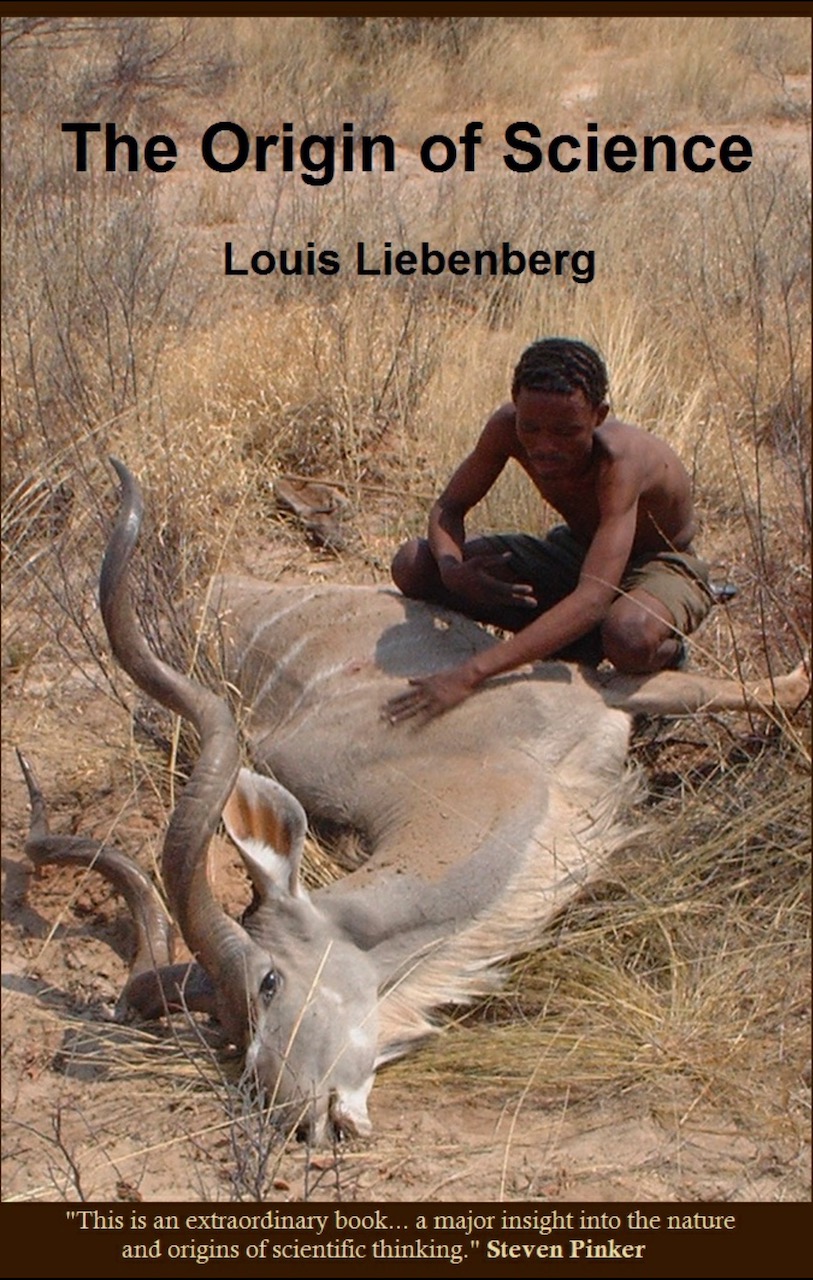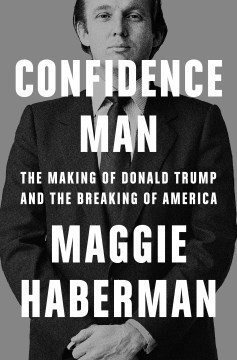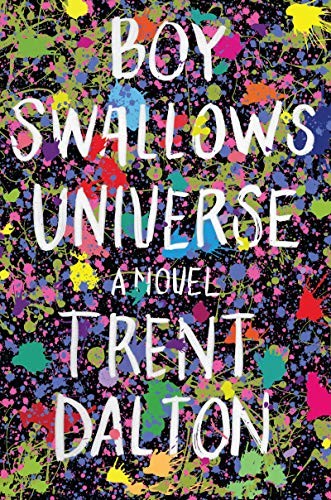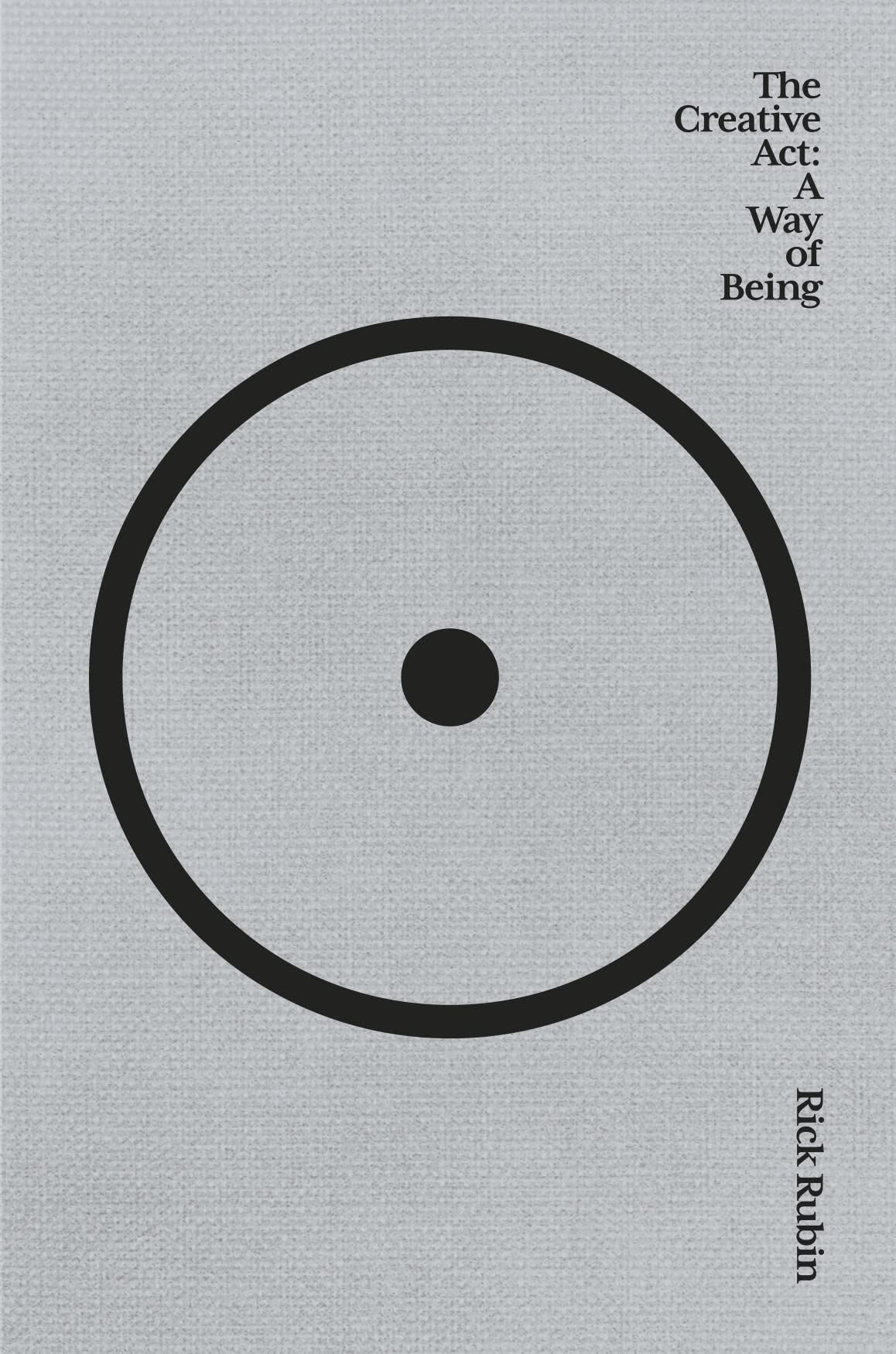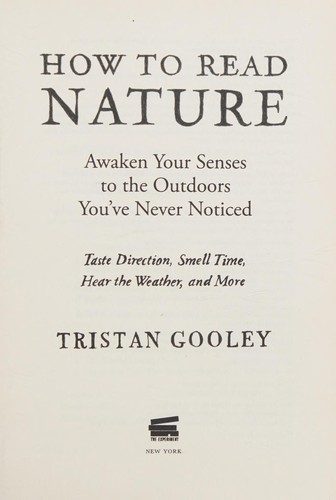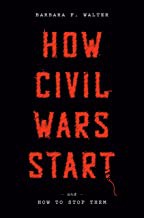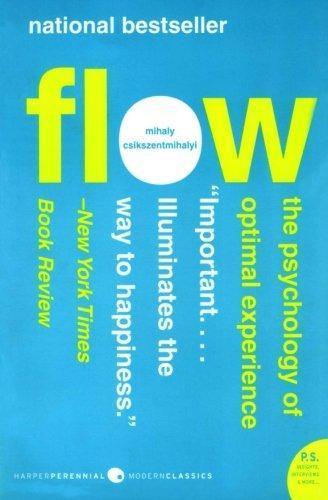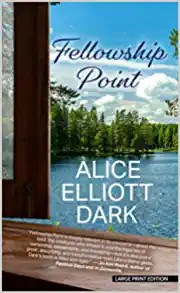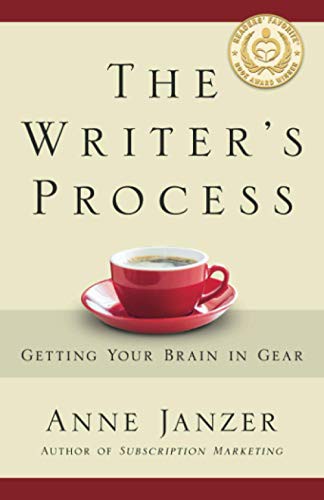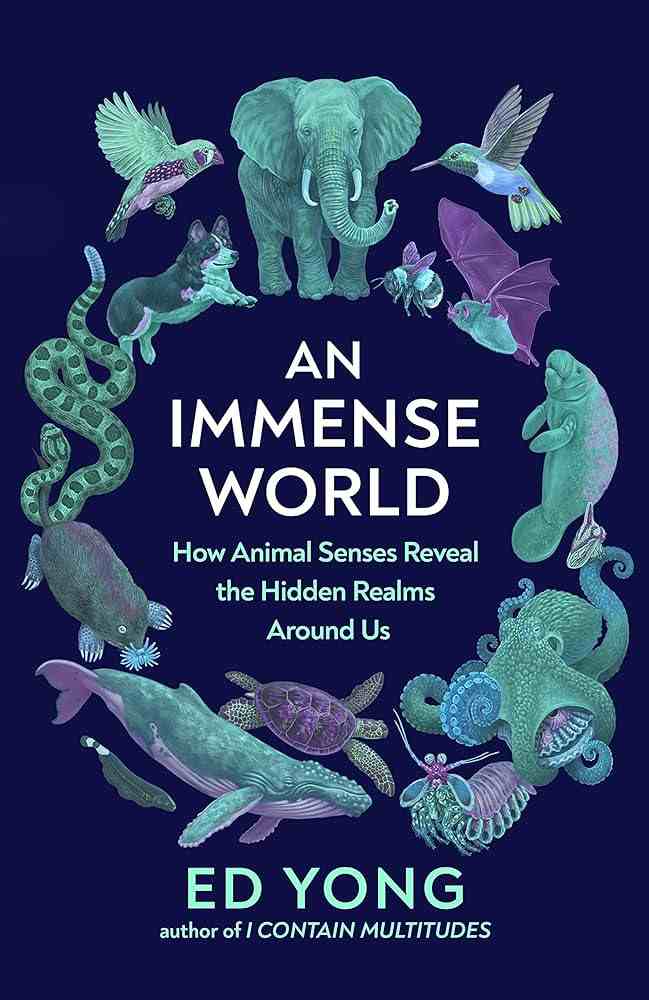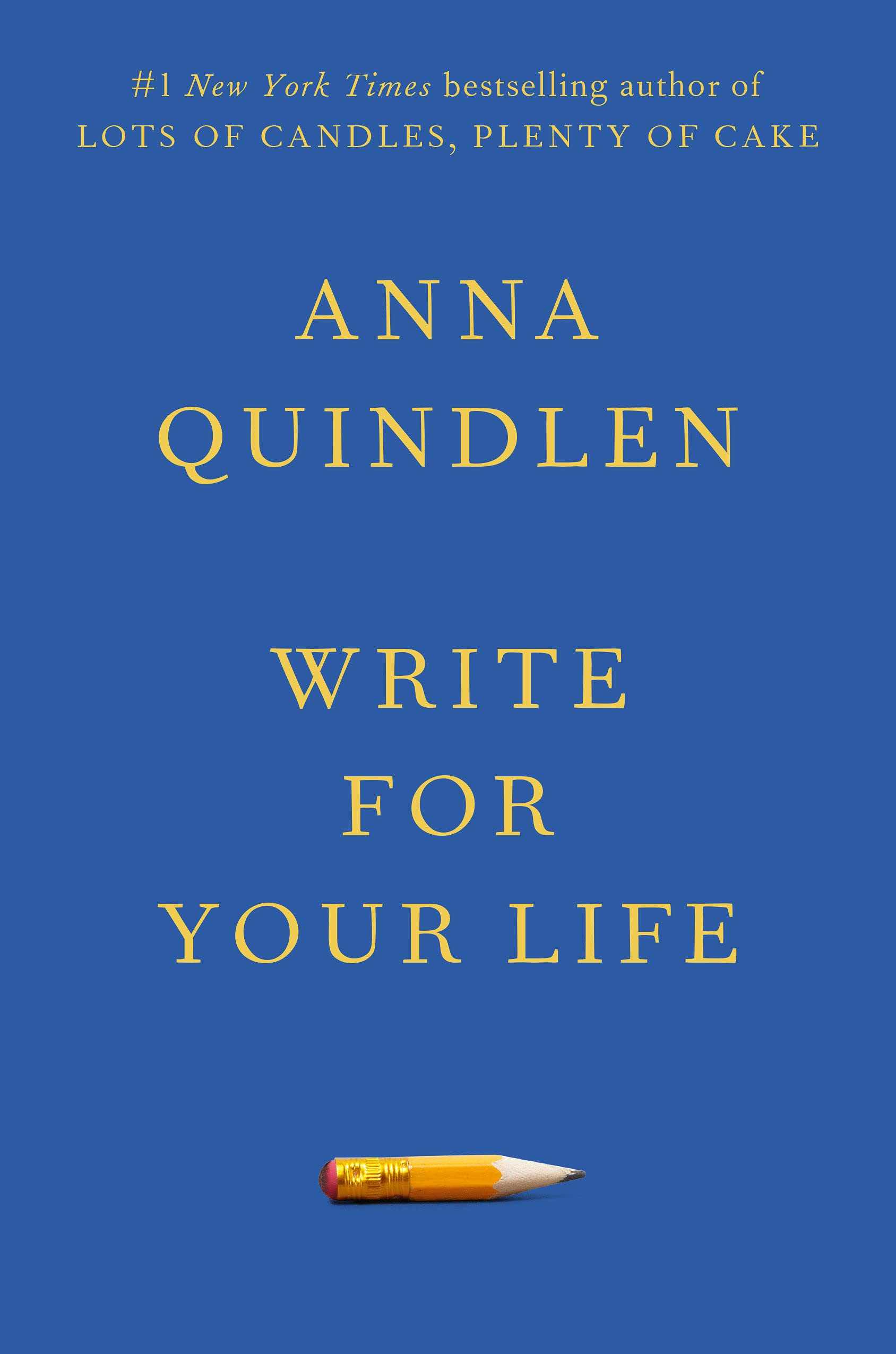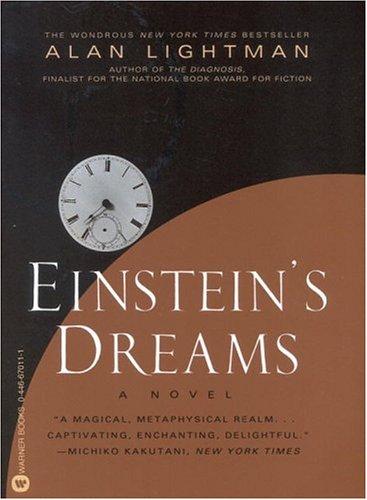I would argue social media algorithms are the accelerant more than social media itself. Either way, social media’s role in increasing societal polarization should not be underestimated.
User Profile
My reading interests are broad and mostly non-fiction. I typically stick to topics related to nature, the environment, and science in general. However, lately I've taken an interest in cultural anthropology, history, and the sociological factors that are driving a growing mistrust in science, scientists, and scientific institutions. I have a couple of other accounts in the fediverse, which I've joined recently. But, as a reader (and recovering GR user), this little nook of the fediverse looked particularly interesting to me.
This link opens in a pop-up window
Nibsy's books
User Activity
RSS feed Back
Nibsy quoted How Civil Wars Start by Barbara F. Walter
Open, unregulated social media platforms turned out to be the perfect accelerant for the conditions that lead to civil war.
— How Civil Wars Start by Barbara F. Walter (33%)
Flow is Slow But a Classic Just the Same
4 stars
The well known psychological state of Flow was essentially defined by this famous book. Flow occurs when one is singularly focused on a challenging task where time seems distorted, distractions seem diminished, and one's sense of well being is high. Although this state is usually achieved spontaneously, and most of us have experienced it at least occasionally, it has been extensively studied and the factors that induce it are known. If one understands these factors, then entering a flow state on demand is possible.
In order to achieve a flow state, one must learn how to focus attention on the task at hand and reduce distractions. The task, whether it's physical or mental, must be challenging with clear goals or outcomes. One must approach these tasks with genuine interest or curiosity, otherwise, the motivations will not allow for a flow state to develop. For example, if you're researching a …
The well known psychological state of Flow was essentially defined by this famous book. Flow occurs when one is singularly focused on a challenging task where time seems distorted, distractions seem diminished, and one's sense of well being is high. Although this state is usually achieved spontaneously, and most of us have experienced it at least occasionally, it has been extensively studied and the factors that induce it are known. If one understands these factors, then entering a flow state on demand is possible.
In order to achieve a flow state, one must learn how to focus attention on the task at hand and reduce distractions. The task, whether it's physical or mental, must be challenging with clear goals or outcomes. One must approach these tasks with genuine interest or curiosity, otherwise, the motivations will not allow for a flow state to develop. For example, if you're researching a topic because you want to win a debate or showcase your brilliance in a social group, you're unlikely to experience flow because the motivation is extrinsic. However, if you're researching a topic to satisfy your intrinsic curiosity, then a flow state is possible.
It seems to me that there's a lot of overlap between mindfulness or meditation and flow. Both require focused attention, openness to new experiences, and practice in order to achieve the desired state—a calm mind. A disordered mind is the opposite of a calm mind, which the author calls cognitive entropy. Several examples are provided where people have managed to achieve a flow state in the most mundane of circumstances, like the assembly line worker, the prisoner in solitary confinement, the lawn cutter. Each develops routines to fill in the boring parts. They'll focus on the tiniest of details or invent games to help them achieve a flow state pass the time in as enjoyable a manner as possible.
Ironically, I found the author's writing style a bit distracting, which prevented me from experiencing flow while reading this book, even though reading is one of the best flow-inducing activities. In his effort to provide relevant examples to help make his point, he lists off several relevant but arbitrary items to make the point. Here's a sample:
For a child, it could be placing with trembling fingers the last block on a tower she has built, higher than any she has built so far; for a swimmer, it could be trying to beat his own record; for a violinist, mastering an intricate musical passage. For each person, there are thousands of opportunities, challenges to expand ourselves.
It was the arbitrariness, I think, that I found most distracting. I also found that the latter half of the book was more about leading a fulfilling life rather than the flow experience itself. Although I appreciate the larger point he was trying to make—that flow experiences can be extended well beyond the immediate task at hand to life in general, especially as it relates to optimal performance—it still came off as a bit of a stretch from the familiar psychological state of flow. For me, a deeper discussion of the science behind the flow state would have been more useful.
Overall, there's no denying that this book is a classic. But I found it a bit "soggy in the middle," as some editors are wont to say—maybe even more so towards the end. I've read this book twice now just to convince myself that once was really enough.
Nibsy finished reading Flow: The Psychology of Optimal Experience (P.S.) by Mihaly Csikszentmihalyi
The mental framework that makes science enjoyable is accessible to everyone. It involves curiosity, careful observation, a disciplined way of recording events, and finding ways to tease out the underlying regularities in what one learns. It also requires the humility to be willing to learn from the results of past investigators, coupled with enough skepticism and openness of mind to reject beliefs that are not supported by facts.
— Flow: The Psychology of Optimal Experience (P.S.) by Mihaly Csikszentmihalyi (46%)
More sage advice from Dr. Csikszentmihalyi that resonates as much—or more—today as it did when he wrote it three decades ago.
Nibsy started reading The Book of Strange New Things by Michel Faber
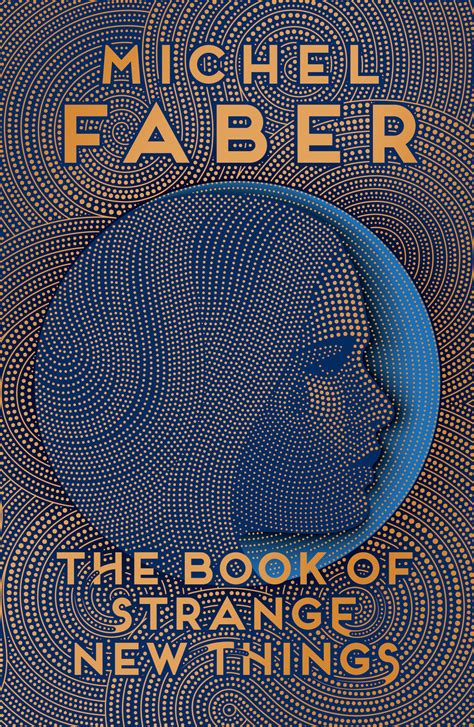
The Book of Strange New Things by Michel Faber
It begins with Peter, a devoted man of faith, as he is called to the mission of a lifetime, one …
Laypersons with an ax to grind sometimes turn to pseudoscience to advance their interests, and often their efforts are almost indistinguishable from those of intrinsically motivated amateurs . . . An amateur who pretends to know as much as a professional is probably wrong, and up to some mischief.
— Flow: The Psychology of Optimal Experience (P.S.) by Mihaly Csikszentmihalyi (47%)
Another seemingly prophetic quote from this famous book.
If we have become dependent on television, on drugs, and on facile calls to political or religious salvation, it is because we have so little to fall back on, so few internal rules to keep our mind from being taken over by those who claim to have the answers.
— Flow: The Psychology of Optimal Experience (P.S.) by Mihaly Csikszentmihalyi (43%)
These words were written more than three decades ago, but they ring as true today as ever (although I'd substitute social media for television these days).
These words were written more than three decades ago, but they ring as true today as ever (although I'd substitute social media for television these days).
Nibsy reviewed Fellowship Point by Alice Elliott Dark
Heartwarming on the surface but seething down below
2 stars
Fellowship Point is a peninsula off the coast of Maine, once held by a proud indigenous hunting community before being taken over by rich American aristocrats—the Fellowship founders. The Fellowship established five grand manors on the peninsula, allowing the partners and their descendants to conserve the natural wonders of the Sank—now a bird sanctuary, but once a fertile hunting ground for the peninsula's rightful stewards.
The story follows two of the founding partners' descendants, Agnes and Polly, who were life-long friends, but now in their eighties, faced with the prospect of their own mortality and the conundrum of what to do with Fellowship Point once they're gone. Polly's children wish to dissolve the fellowship and develop the land for profit, as does the only other known descendant, Archie. Agnes has no children and fears that once she's gone, all her and her ancestors' conservation efforts would be for naught.
…Fellowship Point is a peninsula off the coast of Maine, once held by a proud indigenous hunting community before being taken over by rich American aristocrats—the Fellowship founders. The Fellowship established five grand manors on the peninsula, allowing the partners and their descendants to conserve the natural wonders of the Sank—now a bird sanctuary, but once a fertile hunting ground for the peninsula's rightful stewards.
The story follows two of the founding partners' descendants, Agnes and Polly, who were life-long friends, but now in their eighties, faced with the prospect of their own mortality and the conundrum of what to do with Fellowship Point once they're gone. Polly's children wish to dissolve the fellowship and develop the land for profit, as does the only other known descendant, Archie. Agnes has no children and fears that once she's gone, all her and her ancestors' conservation efforts would be for naught.
On the surface, this is a story about diverging generational and cultural values, environmental conservation and stewardship, aging, and the complexities of life-long friendships. But this book is richly layered in symbolism and metaphor, and at its core, it's a searing misandrist diatribe. With few exceptions (i.e., Robert the handyman, and Seeley, Archie's wife), men are portrayed as bumbling twits, underhanded money grubbers, or corporate shills, while women are portrayed as victims, innocent do-gooders, and the only sensible voices.
There's no doubt that Dark is a talented author. She deftly piled layer after layer of texture and nuance to a heart-warming story. But I found the underlying themes deeply disturbing and, frankly, unnecessary. I'm sure there's an appetite for this kind of vitriolic brow-beating, however cleverly disguised, but not from me.
Nibsy finished reading The Writer's Process by Anne Janzer
Writing a book takes an enormous amount time time, energy, emotional involvement, and dedication, which is why so many aspiring authors fail. The Writer's Process is an attempt by Anne Janzer, an award-winning nonfiction author, to equip aspiring writers with a basic neurological understanding of how the brain works in the creative process, so we can defend against our own self-sabotage and harness our own brain power power to become successful published authors.
The book is divided into three parts. The first part focuses on the cognitive processes that affect writing. This is not a neuroscience textbook. It's a topical overview of the neurological processes that contribute to creativity and those that can lead to failure. Janzer breaks down these complex processes to the activities of the Scribe and the Muse. The Scribe is all business. It sets deadlines, does the hard work of writing, and attends to the …
Writing a book takes an enormous amount time time, energy, emotional involvement, and dedication, which is why so many aspiring authors fail. The Writer's Process is an attempt by Anne Janzer, an award-winning nonfiction author, to equip aspiring writers with a basic neurological understanding of how the brain works in the creative process, so we can defend against our own self-sabotage and harness our own brain power power to become successful published authors.
The book is divided into three parts. The first part focuses on the cognitive processes that affect writing. This is not a neuroscience textbook. It's a topical overview of the neurological processes that contribute to creativity and those that can lead to failure. Janzer breaks down these complex processes to the activities of the Scribe and the Muse. The Scribe is all business. It sets deadlines, does the hard work of writing, and attends to the technical side of the craft. It must be called to action intentionally and requires the author to enter a mindset of focused attention. The Muse, on the other hand, represents creativity. The Muse works best when the author adopts a mindset of open attention, like daydreaming and being receptive to random thoughts as they come and making novel connections that lead to ideas. Writing effectively comes from getting the Muse and the Scribe to collaborate with one another.
The second part of the book defines a seven-step writing process, from the initial research stage to the final published piece. Of course, this seven-step process is not written in stone. It's offered simply as a guide, because every writer has to find their own process. To drive this point home, Janzer adopts a bread-making metaphor to represent the writing process. If you have a tried-and-true method, you will make bread (write). The third part of the book addresses common challenges that every writer faces, like writer's block, procrastination, and sticking to the long-term commitment to write a book.
This was my second time through this book, and the second time I took away valuable information I didn't know before. Janzer writes from a position of experience and her insights here are valuable--particularly for non-fiction writers, even though the advice she doles out is applicable to writers of all kinds. If you're finding it difficult to develop a consistent writing practice, for any reason, I recommend giving this book a read.
Nibsy wants to read An Immense World by Ed Yong
Nibsy reviewed Write for Your Life by Anna Quindlen
Read it for the writing
5 stars
It doesn't happen often, but every once in a while a book leaps out of nowhere, takes you by surprise, and changes you. Write For Your Life by Pulitzer Prize winning author Anna Quindlen is one such book. After reading it, I've come to realize that my favourite books are those about writing written masterfully by a literary artist; books like Bird by Bird by Anne Lamott, or How to Read Literature Like a Professor by Thomas C. Foster. There are many reasons to read this book. But read it for the writing. The eloquence alone is enough.
In many ways, this is an author's plea for everyday people to pick up their pens and write about their normal, ordinary lives; to preserve a snapshot of the writer in their particular time and place. The simple act of note-taking can offer a glimpse of history that would otherwise be …
It doesn't happen often, but every once in a while a book leaps out of nowhere, takes you by surprise, and changes you. Write For Your Life by Pulitzer Prize winning author Anna Quindlen is one such book. After reading it, I've come to realize that my favourite books are those about writing written masterfully by a literary artist; books like Bird by Bird by Anne Lamott, or How to Read Literature Like a Professor by Thomas C. Foster. There are many reasons to read this book. But read it for the writing. The eloquence alone is enough.
In many ways, this is an author's plea for everyday people to pick up their pens and write about their normal, ordinary lives; to preserve a snapshot of the writer in their particular time and place. The simple act of note-taking can offer a glimpse of history that would otherwise be lost because of its ordinariness. But that ordinariness is the fabric of life, and it's up to us to preserve it for our future selves and everyone who follows.
Handwriting offers a direct connection between writer and reader. Imperfect handwritten lines betray the emotional state of the writer more faithfully than illuminated pixels on a computer screen. The weight of the pen stroke and the shape of the loops and swirls betrays the writer's mood. Frustration shows in a swift-flicked line struck through a misspelled word. Sweeping arrows and tight marginalia on a handwritten manuscript reveal the progression of an idea. No combination of electrons, copper, and silica can confirm the physical existence of a writer in any time or place like the handwritten word.
But writing is much more than a way to preserve the past. It is as much for the writer as it is for the reader. It offers an emotional outlet for doctors and nurses and anyone else who lives their life in a fast-paced, high-stress environment. It is an expression of creativity and innovation. It is both counselor and friend. Writing is thinking.
This book was a surprise for me because it stumbled into my possession before I knew anything about the author or even what this book was about (beyond writing, of course). I hadn't prepared to be so moved. There are some funny passages, and some deeply personal passages that left me soggy-eyed and reaching for a tissue. Just the visceral responses it induces speaks to the power of the writing. I rank this among one of the best books I've read this year. I would encourage everyone, writers and non-writers alike, to read this book. It is sure to change you, too.
Nibsy finished reading Einstein's dreams by Alan Lightman
Everyone experiences the vagaries of time; the sudden feeling of deja vu, the sense that years pass by faster with age, or the unnoticed passage of time when we enter the state of flow. Time is ephemeral and its true nature is hard to define. One of Einstein's great achievements was to demonstrate that time and space are inextricably linked and neither could exist without the other.
But this was not a book about the physical nature of time. It was a collection of short vignettes, beautifully written, that served as representations of Einstein's dreams about time. Each vignette imagined a different kind of time. In one dream, time flowed like a stream. Most of it moved in one direction. But occasionally, a rivulet of time would back eddy and people from the future could visit the past. In another vignette, time is imagined as being rigid, where the …
Everyone experiences the vagaries of time; the sudden feeling of deja vu, the sense that years pass by faster with age, or the unnoticed passage of time when we enter the state of flow. Time is ephemeral and its true nature is hard to define. One of Einstein's great achievements was to demonstrate that time and space are inextricably linked and neither could exist without the other.
But this was not a book about the physical nature of time. It was a collection of short vignettes, beautifully written, that served as representations of Einstein's dreams about time. Each vignette imagined a different kind of time. In one dream, time flowed like a stream. Most of it moved in one direction. But occasionally, a rivulet of time would back eddy and people from the future could visit the past. In another vignette, time is imagined as being rigid, where the past, present, and future are fixed. Another shows time as discontinuous. Other vignettes imagined time as a physical dimension; or as concentric rings, moving slowly in the centre but faster at the margins; or time where the past and future are intertwined.
The novel is set in Bern, Switzerland, during a time when Einstein was working as a patent clerk with his close friend and colleague, Besso. Besso worries about Einstein, who is so engrossed in his own thoughts that he doesn't eat or sleep well, sometimes falling asleep in the office sitting in a chair at his desk. He dreams of the people outside, going about their business under the constraints of one kind of time or another. Some people thrive, and some people languish during their particular time. But no one is given a choice about the kind of time they are given. Despite its ephemeral nature, it shapes people's lives in unexpected ways. Those who thrive make the best use of the time they have. Those who languish never adapt to time's constraints.
Einstein's Dreams is an exploration of time as seen through the dreams of time's greatest champion. On one hand, it is an exploration of the role of creativity (in this case, dreams) in scientific discovery. On the other hand, it probes deeper questions about free will and fate. By setting the story in one place—the streets of Bern outside the patent office where Einstein spends his days—space is separated from time. But the setting is a physical place where Einstein spent his early years, before time revealed itself to him. And in his dreams in this place, time and space are merged together in revelation, neither existing in isolation.

